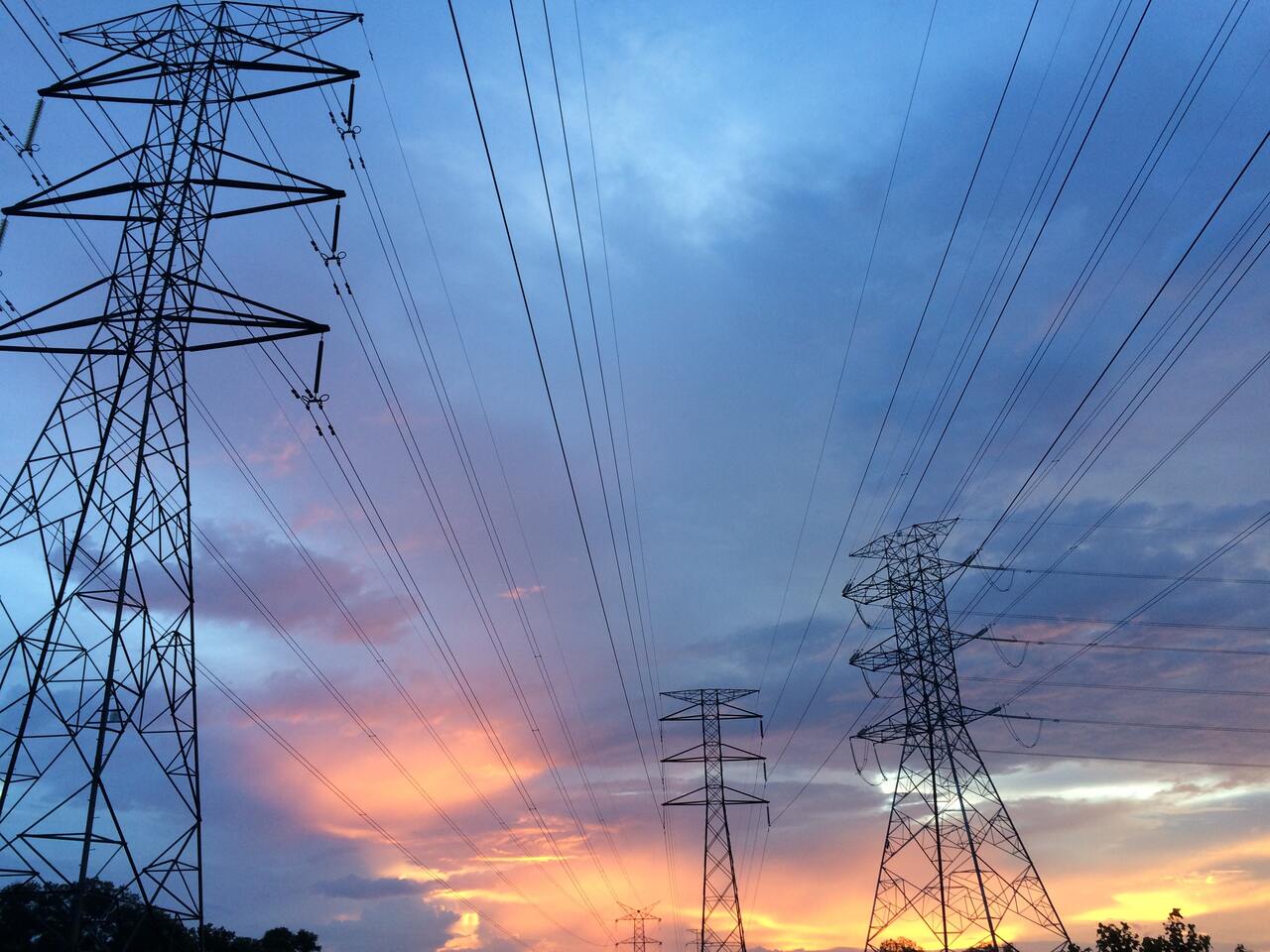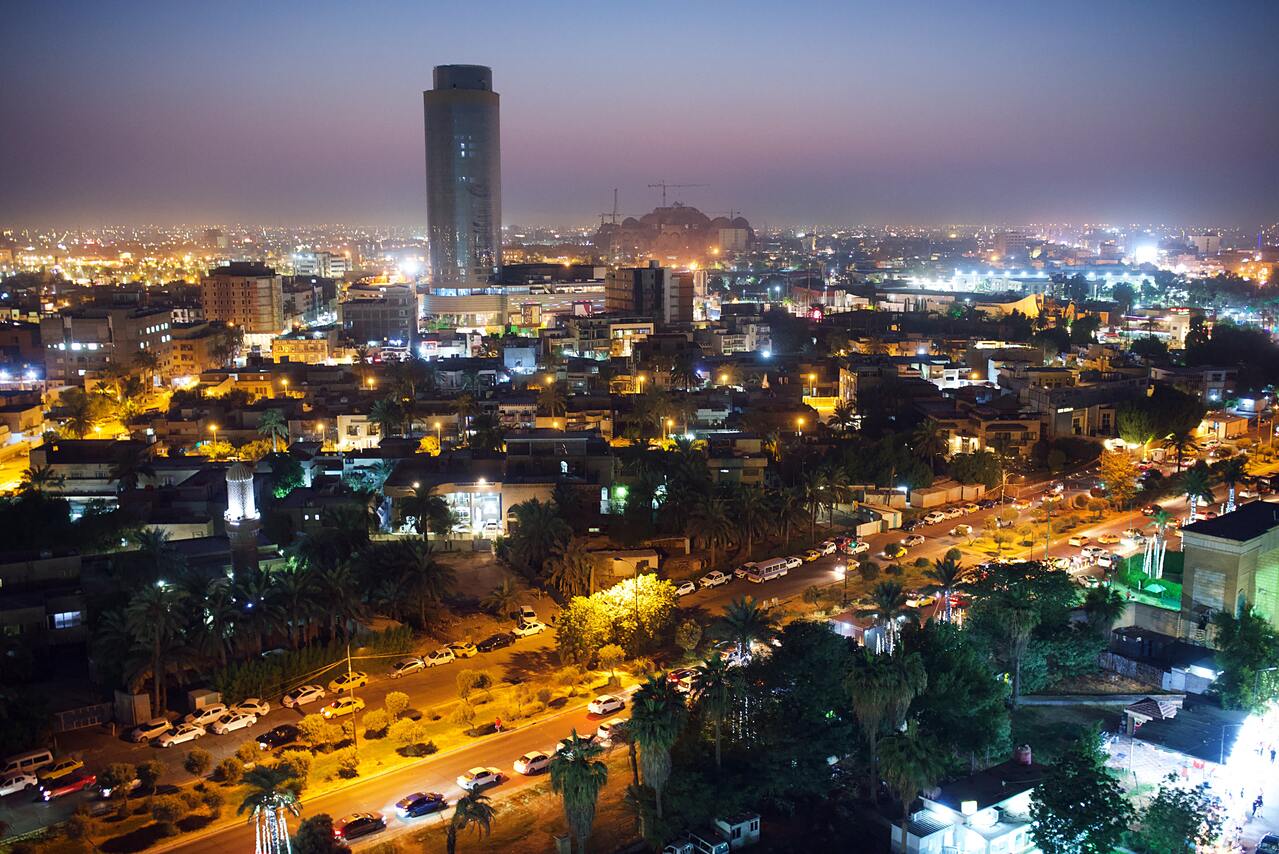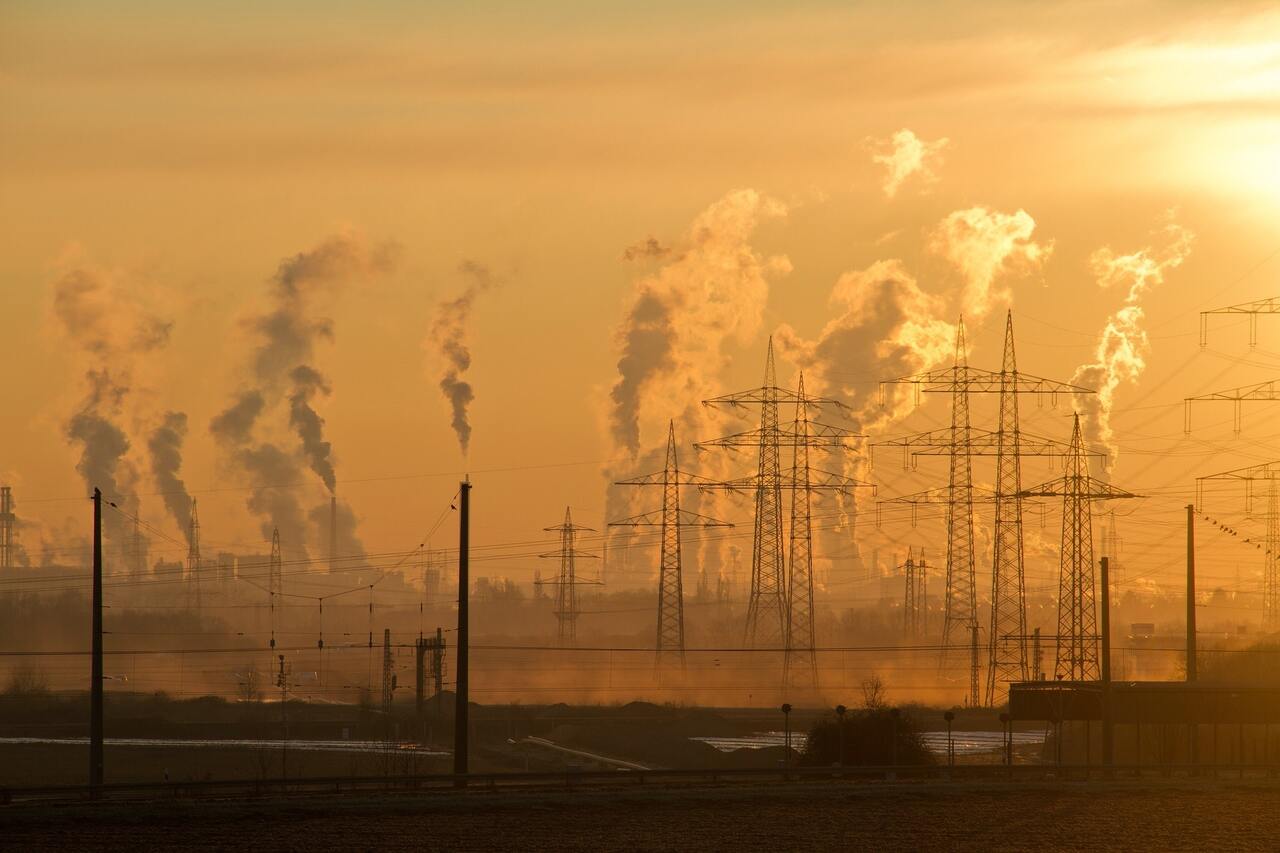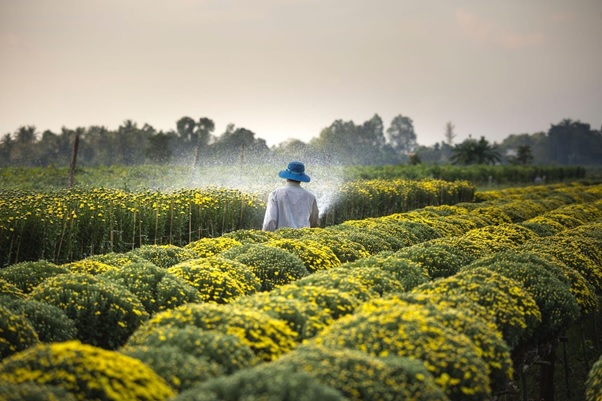State corruption, poor basic services, and high unemployment had triggered a massive protest in Iraq in 2019. Due to this condition, Iraqi citizens suffer from insecurity and other social problems. In addition, the protest also caused a serious impact on the Iraqi economy. Now, a year after the protest, the social and economic condition of the country has undergone some improvements.
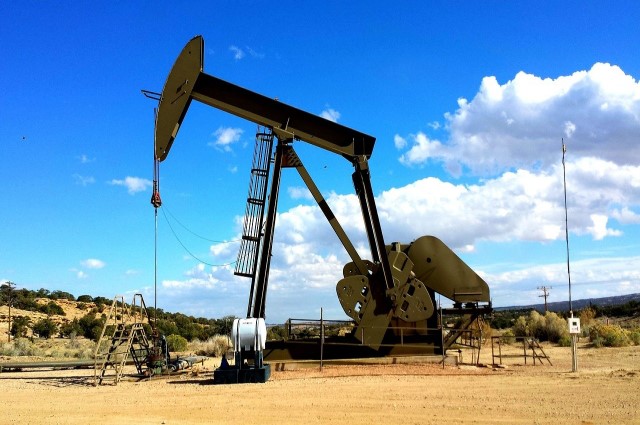
Iraqi Economy after the Protest
One of the sectors that suffered from the serious impact of the 2019 protest is the service sector. In the 4th quarter of 2019, this sector decreased to 0.9%. Fortunately, growth was recorded in the oil and agricultural sector.
The social unrest did not affect oil production in this country. It can be seen from the 5% rise of oil production in 2019. Meanwhile, the agricultural sector has benefited greatly from the above-average rainfalls and electricity production expansion. In consequence, non-oil GDP grew by 4.9% in 2019.
On average, Iraqi GDP grew 3.9% in 2019 thanks to the increased oil production, rising domestic demand, ongoing reconstruction efforts, and improved security conditions. Unfortunately, the Iraqi economic situation in 2020 may not be as good as that of 2019.
Covid-19 outbreak and the efforts of the government to speed up the country’s reconstruction are the triggers of the economy’s low growth. It is estimated that the GDP growth will shrink to -4.7% in 2020. However, some experts believe that in 2021, the Iraqi GDP will increase to 7.2%.
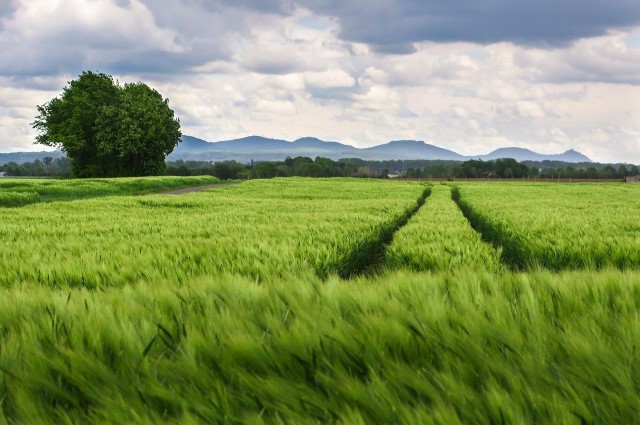
Overview and Opportunities in Iraqi Oil and Agricultural Sector
After the defeat of ISIS, the political and security conditions and social climate in Iraq started to improve. As a result, it gives some positive effects on the main sectors of industry, such as the oil and agricultural sectors.
Oil Sector
This industry plays important role in the economic growth of Iraq. Based on the World Bank data, the oil industry accounts for 56.1% of GDP and employs almost a quarter of the workforce. About 90% of Iraqi export is crude oil and the rest is other petroleum products.
This oil-rich country has attracted multinational oil & energy companies to enter its oil sector. Shell, Petronas, ENI, Total, and CNPC are among the companies that have some shares in the oil fields of this country.
Agricultural Sector
This particular sector is the second most important industry in Iraq. About a quarter of the total land area in this country is fertile and good for animal husbandry and intensive cultivation. In addition, this sector employs more than 18% of the workforce and accounts for 2% of the GDP.
Unfortunately, most farmers in Iraq employ traditional methods in farming. Therefore, agricultural production is in its maximum amount. However, with the right technologies, the growth of the agricultural sector will be more profitable for the countries and stakeholders.
It can be concluded that Iraq, despite its social and security challenges, has recorded higher GDP growth compared to certain countries in the Middle East. Moreover, its oil and agricultural sector offers great potential for investors and multinational companies to enter.
